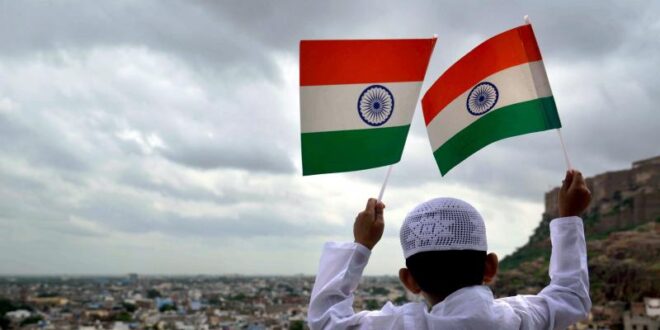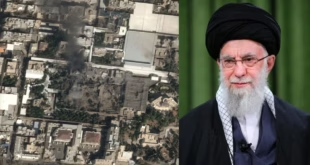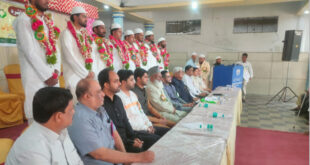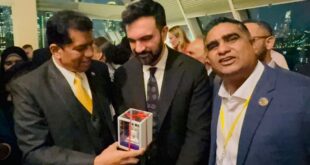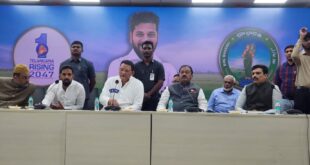Muslims played a significant role in India’s struggle for independence. Here are some key points:
1. Leaders and Activists: Prominent Muslim leaders like Maulana Abul Kalam Azad, Dr. Zakir Husain, and Khan Abdul Ghaffar Khan were actively involved in the freedom movement. Maulana Azad was a prominent leader and a close associate of Mahatma Gandhi.
2. Khilafat Movement: The Khilafat Movement, led by Muslim leaders in the 1920s, aimed to support the Ottoman Caliphate and protest British policies. This movement saw cooperation between Hindus and Muslims against colonial rule.
3. Non-Cooperation Movement: Many Muslims participated in the Non-Cooperation Movement launched by Mahatma Gandhi in 1920, which aimed to boycott British institutions and goods.
4. Civil Disobedience Movement: Muslims took part in the Civil Disobedience Movement and acts of protest against discriminatory laws, such as the Salt March led by Gandhi in 1930.
5. Social and Cultural Contribution: Muslims played a crucial role in India’s cultural and intellectual life during the independence movement, contributing to literature, arts, and education.
It’s important to note that the Muslim community had diverse viewpoints and roles during this period, reflecting a wide range of political, social, and regional contexts.
 Gawah (The Witness) – Hyderabad India Fearless By Birth, Pristine by Choice – First National Urdu Weekly From South India – Latest News, Breaking News, Special Stories, Interviews, Islamic, World, India, National News
Gawah (The Witness) – Hyderabad India Fearless By Birth, Pristine by Choice – First National Urdu Weekly From South India – Latest News, Breaking News, Special Stories, Interviews, Islamic, World, India, National News

